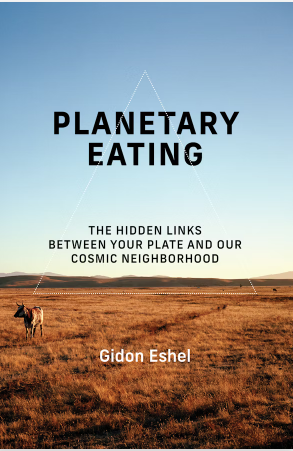Industry-funded study of the week: MSG of all things
The study: Maher, C. , Alcorn M., Childress A., Dawson J. A., and Galyean S.. 2025. “Increasing Vegetable Intake Using Monosodium Glutamate in a Randomized Controlled Trial: A Culinary Medicine Intervention.” Food Science & Nutrition 13, no. 6: e70441. 10.1002/fsn3.70441.
Purpose: “This study aimed to explore the effectiveness of monosodium glutamate (MSG) as a flavor enhancer in increasing vegetable intake compared to sodium chloride (NaCl) alone combined with a digital culinary medicine education program.”
Results: “The 50/50 NaCl/MSG group showed a mean increase in vegetable intake from 1.46 to 1.55 cups/day, while the NaCl group showed a decrease from 1.33 to 0.95 cups/day.”
Conclusion: “Although the differences in vegetable intake were not statistically significant, the findings suggest that MSG could enhance vegetable palatability and intake, aligning with the principles of culinary medicine.”
Conflicts of Interest: “The authors declare a conflict of interest due to Ajinomoto’s involvement in the funding and design of this study. Ajinomoto is a company that manufactures and sells MSG products. Their contribution included financial support and assistance in the study design, which could be perceived as influencing the outcomes of the research.”
Funding: “This study was funded by the American Society for Nutrition and its Foundation, grant number 1195905, and the APC [article processing charge] was funded by Ajinomoto.
Health & Nutrition North America Inc.”
Comment: The idea here is that if you sprinkle MSG rather than salt (NaCl) on your vegetables, they will taste better and you will eat more of them. The study produced a non-significant result but is given a positive spin (“MSG could enhance…”). The shocker here is the funding. The authors say Ajinomoto funded it, but the funding statement mentions the American Society for Nutrition, an organization of nutrition researchers and clinicians to which I belong. I had no idea ASN was funding research, let alone industry-funded research. I have long been concerned about ASN’s industry partnerships, which I believe compromise the ability of the organization to issue advice on nutrition. This is an old issue, but one that it seems time to bring up again.



